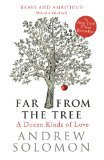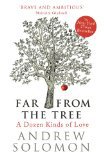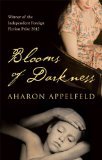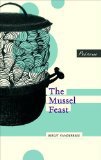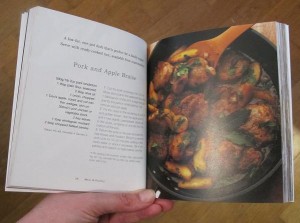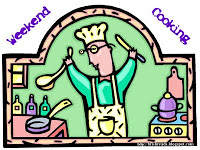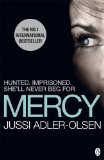 Translated fron the Danish by Lisa Hartford
Translated fron the Danish by Lisa Hartford
Mercy by Jussi Adler-Olsen
Five words from the blurb: Copenhagen, detective, unsolved, crimes, tortured
I decided to read Mercy after Kim gave it a glowing review. Unfortunately I didn’t love it as much as she did, but it was an enjoyable piece of crime fiction.
Mercy is a police procedural that centres on Detective Carl Morck, a moody man who is haunted by the recent death of a colleague. In order to distract him from his problems he is assigned a new job investigating unsolved crimes. His first case involves a woman who disappeared five-years-ago. Everyone thinks she’s dead, but through her narrative, which is given in alternate chapters, the reader discovers that she is imprisoned in an underground bunker.
I initially loved this book – the character development was fantastic and the descriptions of the woman trapped underground were vivid and compelling. Unfortunately everything unraveled as the story continued. I found the pace slowed and the middle section was far too long. The also thought that the ending was a little predictable and there were too many cliches.
Overall it was entertaining, but nothing made it stand out above other good pieces of crime fiction.

.
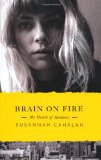
Brain on Fire by Susannah Cahalan
Five words from the blurb: hospital, memory, unrecognizable, madness, tests
Brain on Fire is a non fiction account of what happened to a New York reporter in the month she was struck down by a rare brain disease (anti-NMDA-receptor autoimmune encephalitis). The details of how her mind was affected were scary to read, but I found myself bored by the large amount of medical data. I think part of my problem with this book comes from the fact I listened to a wonderful Radio 4 interview with the author which summarised the major aspects of this book. This meant I knew the more interesting scenes already and the additional information didn’t add anything to the story I already knew.
The book was written in a compelling, chatty style and I found the beginning, as the first signs of her illness appeared, very good. Unfortunately I found the rest of the book disappointing. The descriptions of each visit to the hospital became repetitive and, although I realise she suffered greatly, I’m afraid that the confusion of doctors and the details of the tests they performed was of little interest to me.
Overall I’m sure this book will be of great benefit to the families of those suffering from encephalitis, but I think the technical details may be too much for the general reader.

.
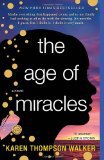
The Age of Miracles by Karen Thompson Walker
Five words from the blurb: catastrophe, survival, rotation, Earth, vulnerability
The Age of Miracles has been dividing opinion in the blogging world and I was convinced that I’d hate it, but, although it was a light book with lots of flaws, I found it strangely compelling.
The book is narrated by an eleven-year-old girl living at a time in the near future when the Earth starts to spin more slowly. This means that the days become longer and Mankind begins to suffer from a range of problems, from food shortages to gravitational sickness.
The plot was gripping throughout and, although I questioned many of the scientific details, the basic story of a world in crisis was thought provoking.
The narrator felt much older than her eleven years and I’d have preferred to know about the problems faced by the adult population, but these are personal preferences and it almost seems wrong to bring them up when the book was so compelling that I read it in a single sitting.
Recommended to those looking for a light, entertaining piece of dystopian fiction.

.
Have you read any of these books?
Did you enjoy them?









. I’ll let you know my thoughts (and hopefully theirs) next week. Our second book is Cloud Atlas
, so I’m looking forward to re-reading that and seeing if I still love it as much as I did on its release.
Flight Behaviour by Barbara Kingsolver
